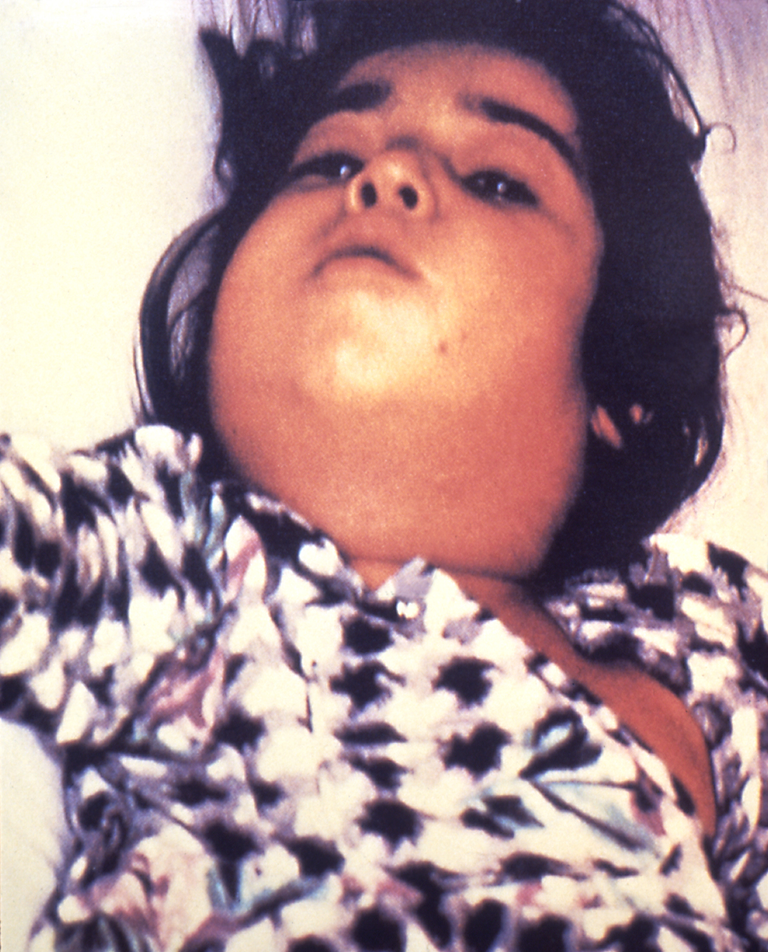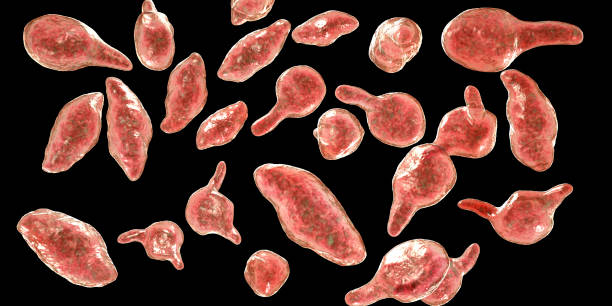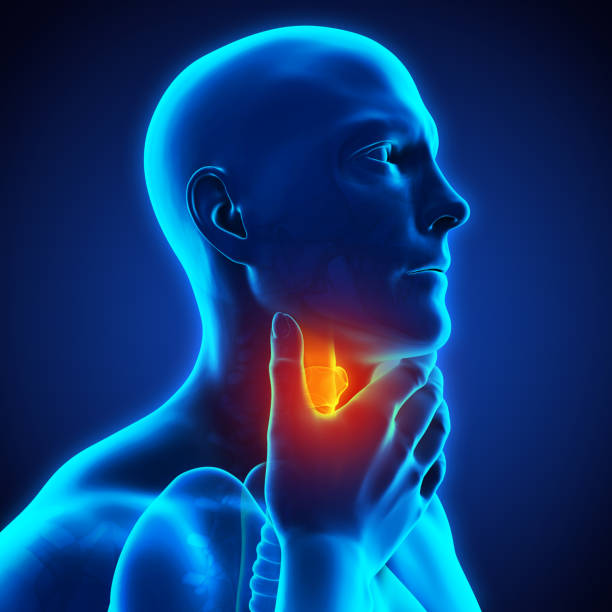 Source
SourceThe Diphtheria Outbreak In Nigeria
In recent weeks, the Nigerian government has declared an outbreak of diphtheria in the country. This life-threatening bacterial infection significantly impacts the respiratory system and, if left untreated, can be fatal.
In this post, we will talk about the causes, symptoms and treatment for diphtheria, as well as some of the preventative measures people can take to avoid it. We will also discuss why this outbreak is so significant and how it is impacting health care workers throughout Nigeria.
What is Diphtheria?
 Source
SourceDiphtheria is a highly contagious bacterial infection that affects the nose and throat. It is most commonly spread through close contact with an infected person, such as coughing or sneezing. The bacteria can also be spread through contaminated objects, such as doorknobs or toys.
Symptoms of diphtheria include a thick, grayish-white coating on the back of the throat, difficulty swallowing, fever, and swollen glands in the neck. If left untreated, diphtheria can lead to serious complications, such as heart failure and paralysis. Treatment for diphtheria involves antibiotics and immediate medical attention.
Causes of Diphtheria
 Source
SourceThere are many different types of bacteria that can cause diphtheria. The most common cause is Corynebacterium diphtheriae, which is a Gram-positive bacterium. This bacterium is found in the throat and nose of people who are infected with diphtheria. It produces a toxin that can damage the lining of the throat and nose, and it can also spread to other parts of the body.
Other causes of diphtheria include: Bordetella pertussis, Bordetella parapertussis, Bordetella bronchiseptica, Burkholderia cepacia, and Haemophilus influenzae type b. These bacteria can also cause other respiratory infections, such as whooping cough and bronchitis.
Diphtheria is spread through close contact with an infected person. The bacteria can spread through coughing and sneezing, or by touching objects or surfaces that have been contaminated with the bacteria. People who are not vaccinated against diphtheria are at risk of contracting the disease.
Symptoms of Diphtheria
Diphtheria is a highly contagious bacterial infection that primarily affects the nose and throat. It is most commonly spread through close contact with an infected person, typically through coughing or sneezing. The bacteria can also be spread through direct contact with an infected wound or object.
 Source
SourceThe symptoms of diphtheria usually appear 2-5 days after exposure to the bacteria. They may include:
•Sore throat
•Fever
•Cough
•Swollen lymph nodes
•Difficulty breathing
•Excessive saliva production
Other symptoms include: chills, headache, nausea, vomiting, muscle aches, and weakness. The symptoms may vary depending on the severity of the infection. In severe cases, diphtheria can lead to difficulty breathing, heart failure, paralysis, and death.
The bacteria that cause diphtheria release a toxin that can damage the heart, kidneys, and nerves. Diphtheria is most commonly spread through close contact with an infected person, such as coughing or sneezing. It can also be spread through contact with contaminated surfaces or objects.
Treatment for Diphtheria
Diphtheria is a highly contagious bacterial infection that primarily affects the nose and throat. It can cause severe respiratory illness and can be fatal in some cases. Early diagnosis and treatment is essential to managing the disease and preventing serious complications.
There are several different types of treatment available for diphtheria, depending on the severity of the infection.
Antibiotics are the most common form of treatment and are usually given intravenously or intramuscularly. In more severe cases, antitoxin therapy may also be used to help manage symptoms and prevent further spread of the infection.
Hospitalization is often necessary in order to provide close monitoring and supportive care.
With prompt and proper treatment, most people with diphtheria make a full recovery. However, complications from the disease can occur in some cases, which may include permanent damage to the heart, kidneys, or nervous system. With prompt medical care, however, these complications are rare.
Prevention of Diphtheria
 Source
SourceVaccination is the best way to prevent diphtheria. All children should receive the diphtheria vaccine as part of their routine childhood immunization schedule. Adults who have not been vaccinated or who have only received one dose of the vaccine should get a booster shot every 10 years. Good hygiene, such as washing your hands often and avoiding close contact with sick people, can also help reduce your risk of getting diphtheria.
Conclusion
Diphtheria is a serious condition that can be life-threatening if not treated soon enough. It is important to be aware of the causes, symptoms and treatment for diphtheria so that you can recognize it early on and seek help quickly. With the recent outbreak in Nigeria, it is even more crucial to take precautions against this infection by getting vaccinated and taking other preventive measures as needed. If a person suspects they have contracted diphtheria, they should consult with their doctor immediately for diagnosis and treatment.